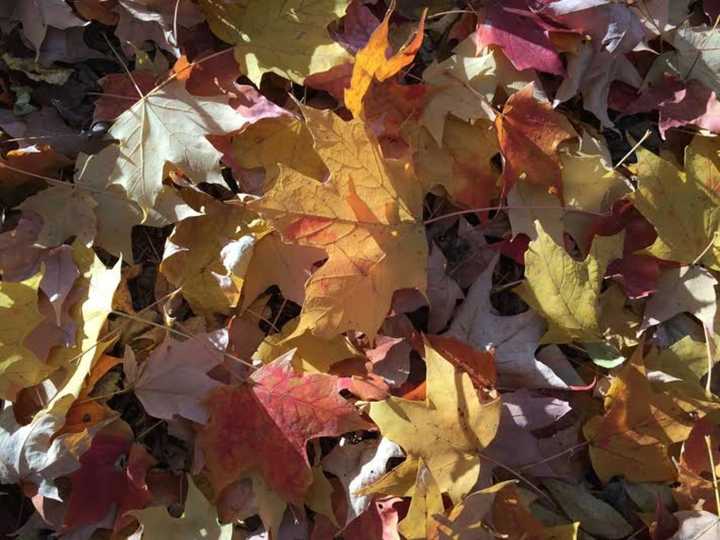Rather than a toxic substance that should be carted away, leaves are actually nature’s gold – providing tremendous ecological value in your landscape. Here are some reasons to leave your leaves in place:
Fallen leaves are Mother Nature’s mulch
What we refer to as the “leaf litter layer” is a natural component of our woodlands. Fallen leaves perform like any good mulch, by protecting the underlying soil from compaction and erosion, by retaining moisture in the soil – especially important in times of drought - and by suppressing weeds. Best of all, fallen leaves are free!
Fallen leaves are natural compost
As any seasoned gardener knows, organic compost is black gold - a nutritional boon for the soil. When fallen leaves decay, they function as natural compost, releasing critical macro- and micronutrients that provide important nourishment for the soil. If you want healthy plants, you need healthy soil. Free compost, anyone?
Some plants suffer without leaf litter
Many of the plants we use in our landscapes plants grow naturally in woodlands where leaves are an important component. For shallow-rooted plants like rhododendrons, azaleas, hollies and others, fallen leaves are essential to protecting their roots, offering insulation, water retention and organic matter. You can almost hear these plants crying when the dreaded leaf blower removes the leaves covering their “feet.”
The leaf litter layer is alive!
Far from a dead zone, the leaf litter layer is filled with vertebrates and invertebrates that contribute to a healthy ecosystem. Some of these creatures, like snails, millipedes and worms, feed on leaves and help to break them down. Naturally occurring bacteria and fungi are the main organisms that enable the decomposition of leaves – the power behind nature’s compost and the recycling of nutrients. Fungi themselves are food for other creatures in the soil. Spiders, thrips, ants, beetles, caterpillars and many other insects, function as part of this food web – creatures that eat other creatures and, in turn, are eaten themselves. When migrating birds return in the spring, the leaf litter offers them an insect buffet, loaded with the protein and fats that they need for their young.
Sometimes nature’s abundance may seem a tad too abundant, with piles of leaves several feet deep. Not to worry, run over these piles with a mulching mower, leave some in place, and use the rest in garden beds and wooded areas. Your plants will be healthier for it.
Skip the blower and love your leaves! For more information visit these two helpful websites: Leave Leaves Alone and Love ‘Em and Leave ‘Em.
Kim Eierman, a resident of Bronxville, is an environmental horticulturist and Founder of EcoBeneficial. When she is not speaking, writing, or consulting about ecological landscapes, she teaches at the New York Botanical Garden, Brooklyn Botanic Garden, The Native Plant Center and Rutgers Home Gardeners School.
Click here to follow Daily Voice Beekman-Poughquag and receive free news updates.
